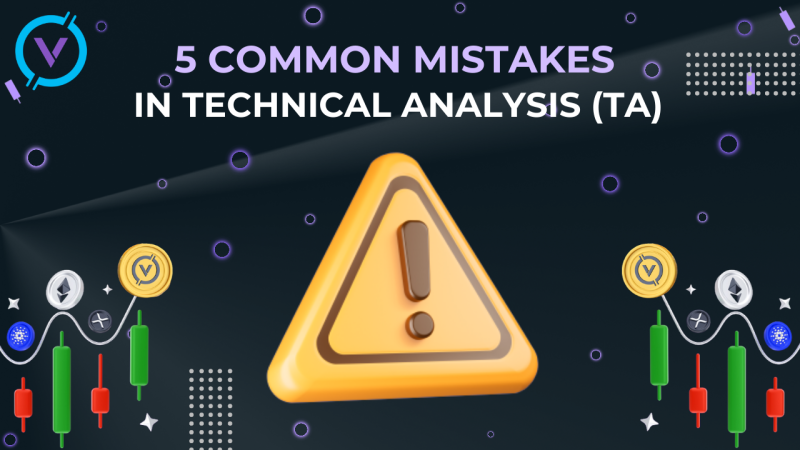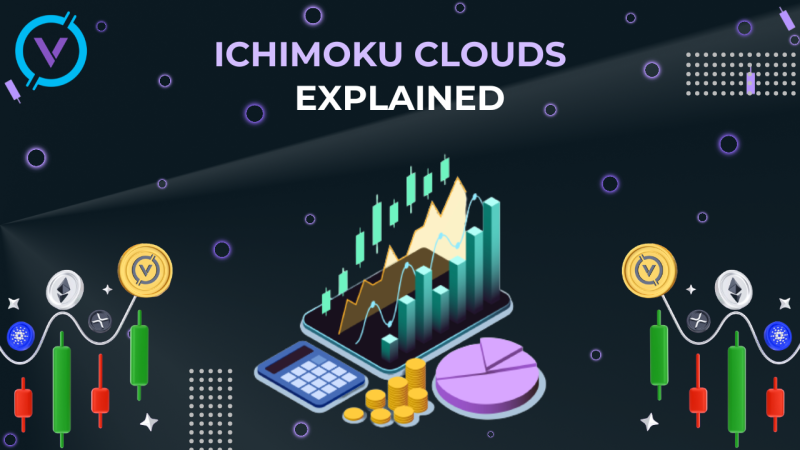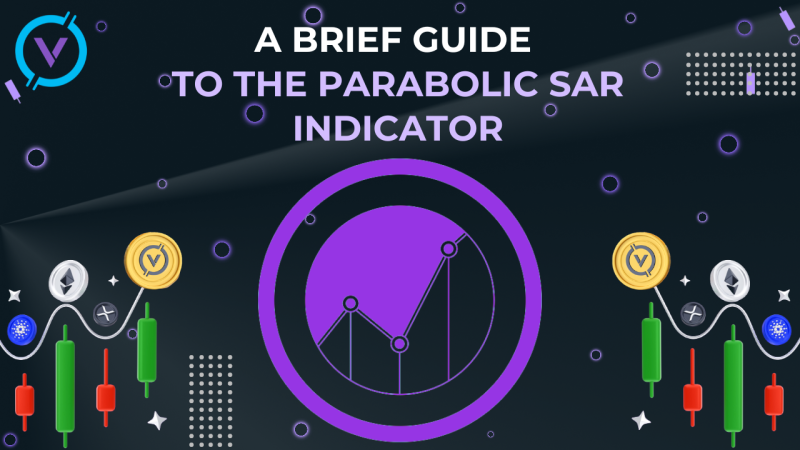In blockchain networks, transaction fees are primarily paid to miners or validators who help confirm transactions and protect the network from spam attacks.
Transaction fees can be either high or low, depending on how the network works. Economic processes can also affect the amount of fees. High fees can hinder the further development of blockchain, while low fees can pose security risks.
Transaction fees have been and remain a crucial part of most blockchain systems throughout their existence. For example, you were charged a fee when you sent, deposited, or withdrew cryptocurrency.
For two main reasons, most cryptocurrencies charge fees for transactions. First, commissions help avoid spam in the network. Also, transaction fees make large-scale spam attacks both costly and difficult. Second, transaction fees encourage users who verify and validate transactions. This is compensation for helping the network.
In most blockchains, transaction fees are low, but they can get quite high depending on network traffic. The amount you pay as commission determines the priority of your transaction to the next block. With a higher amount of fee, the confirmation process is faster.
Bitcoin transaction fees
Being the world's first blockchain network, bitcoin introduced the transaction fee norm that is used by most cryptocurrencies nowadays. Satoshi Nakamoto understood that transaction fees would keep the network safe from major spam attacks and encourage fair and honest use.
In the process of confirming transactions in a new block, bitcoin miners are rewarded for transactions. A pool with unconfirmed transactions is called a memory pool (or mempool). It is only natural that miners will choose transactions with a higher fee, a fee that users are willing to spend when sending their BTCs to a different bitcoin wallet.
Therefore, attackers trying to lower the speed of the network have to pay a commission set for each transaction. If attackers want to pay too low an amount, miners will usually neglect their transactions. If they determine the appropriate threshold for the case, however, there will be a high economic cost. Consequently, transaction fees act as a simple but effective element of anti-spam protection.
How is the BTC transaction fee calculated?
Some cryptocurrencies on the Bitcoin network allow users to manually set transaction fees. It is also possible to send BTCs with zero fees, but miners are likely to avoid such transactions, meaning they will not be validated. Contrary to the opinion of some users, bitcoin's commission depends on the volume of the transaction (in bytes), not the amount sent.
When network traffic levels are high and there is a high request to send BTCs, the transaction fee required for quick confirmation increases as other bitcoin users try to do so as well. This happens at times of high market volatility.
Large fees make it difficult to use BTCs on a daily basis. For example, it may be impractical to buy a $2 cup of coffee if the fees are significantly over that amount.
Only a limited number of transactions can be added to a block, not exceeding 1 MB in size (i.e., block size). Miners put these blocks to the blockchain as fast as they can, but their speed is still limited.
The decisive factor in solving the issue of network fee is the opportunity to scale cryptocurrency networks. Blockchain developers are constantly trying to solve this problem. Earlier updates to the network have improved scalability, such as the introduction of SegWit and the Lightning Network.
Ethereum transaction fees
Transaction fees in Ethereum are different from those in Bitcoin. The commission includes the quantity of computing power required to process the transaction and is called gas. The cost of gas also varies and is measurable in ethereum (ETH), which is the network's native token.
If the amount of gas required to perform a particular operation can remain constant, the price of gas can go up or down. The gas price is tied directly to network traffic. If the price of gas is higher, miners are more likely to choose your transaction first.
How is Ethereum transaction fee calculated?
The full gas fee is just the price that offsets the cost and is also the motivation for processing your transaction. In addition, you must also take into account the gas limit, according to which the maximum price charged for a given transaction or operation is determined.
Simply put, the cost of gas is the required working time, and gas price is the price one pays for "every hour" of work. The ratio between both and the marginal cost of gas forms the final fee for an Ethereum transaction or smart contract transaction.
As Ethereum moves to the Proof of Stake system, it is expected that gas fees will drop. Less gas will be needed to validate a transaction because the network only needs a small fraction of the processing power to verify transactions. However, network traffic will still be able to impact transaction fees because validators choose to focus on higher-priced transactions.
Binance Chain transaction fees
Binance Chain is a blockchain network through which users can transact and trade BNB and other BEP-2 tokens. They can also make their own tokens. Binance Chain uses a consensus mechanism called Delegated Proof of Stake.
How is Binance Chain transaction fee calculated?
According to the fee structure denoted in BNB, it depends on the action you want to perform. There are differences between transaction fees, such as sending BNB, and trading fees. In addition, the final transaction price may increase or decrease depending on the market price of BNB.
BNB Smart Chain transaction fees
BNB Smart Chain (BSC) is another blockchain that works side by side with Binance Chain (i.e., two separate networks). As BNB operating on Binance Chain is a BEP-2 token, BNB on BSC is a BEP-20 token.
The BNB smart chain gives the possibility to create smart contracts, so it can be easily adapted. The reward system for BSC does not have a permanent structure as in the Binance Chain. It is similar to Ethereum, using a gas system that reflects the computing power required to perform transactions and smart contract transactions.
The BSC network uses the Proof of Staked Authority consensus mechanism. To become a validator, network users need to make a BNB stake, and if the block is successfully validated, they receive a transaction fee.
How is BNB Smart Chain transaction fee calculated?
As noted, the BSC fee is very similar to the Ethereum fee. Transaction fees are specified in Gwei, which is a small BNB denomination equivalent to 0.000000001. Users can define their gas prices to make their transactions added to the block a priority.
For current and previous average gas prices, BscScan publishes an average daily price showing the lowest and highest price paid.
BSC fees are very small in most cases, the network will tell you that you do not have enough funds when you want to transfer tokens without BNB in your account. Make sure you have some spare BNB in your wallet in case you need to pay transaction fees.
Final Thoughts
Transaction fees are an integral part of the crypto-economic system of the blockchain network. For example, it is part of the motivation for users to keep the network functioning. Fees also act as a way to prevent malicious activities and spam.
However, because of the volume of traffic that some networks get, the rates have become much higher. In most cases, the decentralization of blockchains prevents them from expanding. However, some networks have high scalability and transaction throughput, but in this case they often make the sacrifice between security and decentralization.
At the same time, a number of experts and developers continue to make improvements that will make cryptocurrencies more accessible to developing countries.


